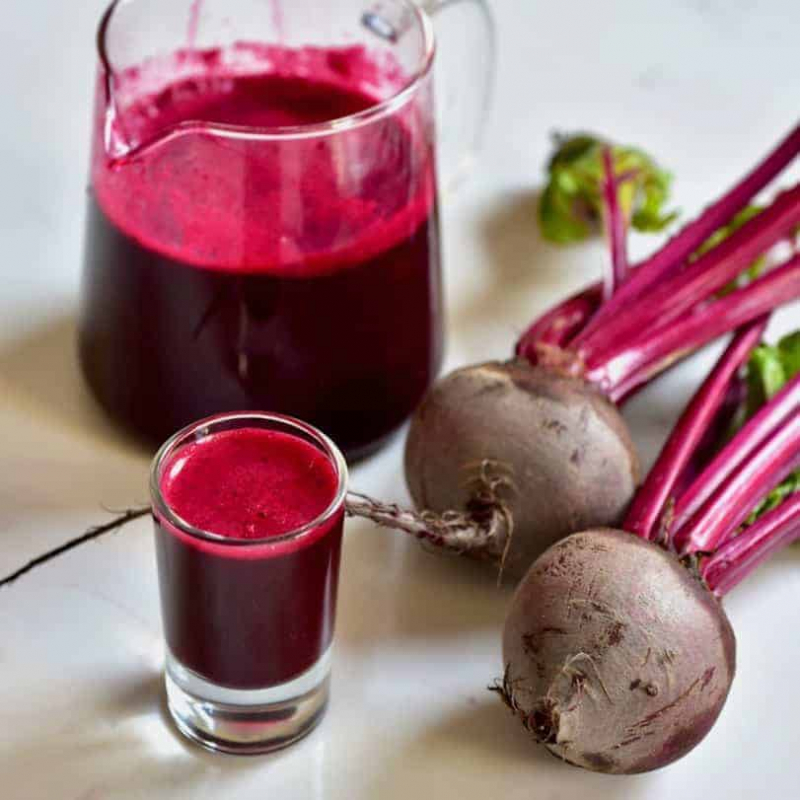Red beetroot
Red beetroot is a great addition to any winter dish. This veggie not only adds a subtle sweetness and an appealing deep red color to any meal, but it also packs a lot of health benefits. Red beetroot is an excellent source of vitamins and minerals. It's also high in nitric oxide, which your body converts into nitrates that can help lower your blood pressure.
Red beetroot also contains another important antioxidant called lutein, which plays an important role in maintaining eye health. Lutein is a carotenoid that helps prevent macular degeneration that can occur with age. Beetroot juice produces nitric acid, which increases blood flow to the brain, reducing the risk of dementia.
However, beetroot can cause some negative side effects if consumed in excess in a short time. They contain high levels of oxalate, a compound that can attach to other minerals in the body. This can interfere with mineral absorption or lead to the accumulation of small crystals, causing kidney stones. Although beets have powerful nutritional effects, it is better to eat them in moderation, especially for people who are prone to kidney stones. If you suffer from gout, you may want to avoid red beetroot. The oxalate in beets can cause a rise in uric acid, which can worsen gout.












